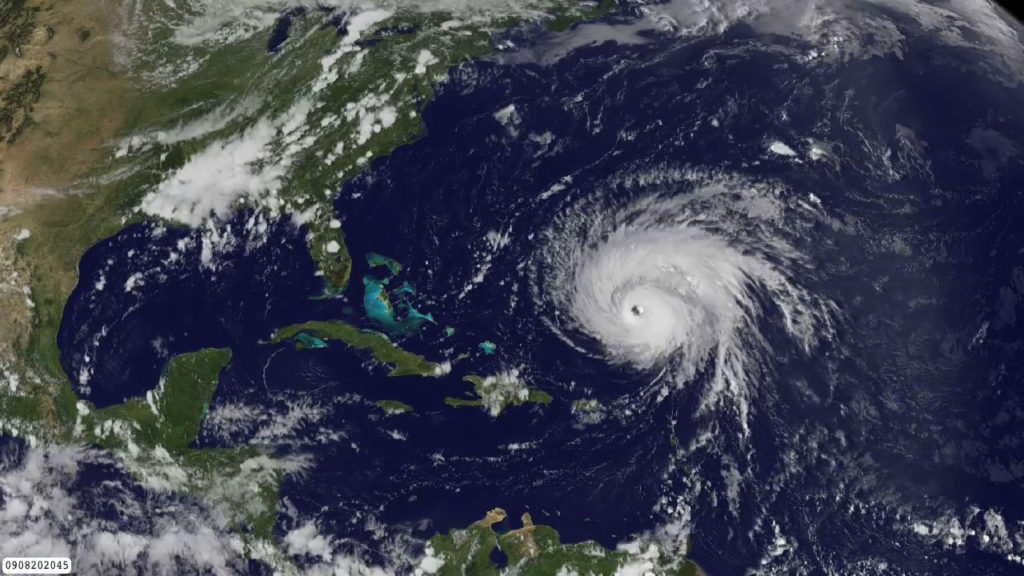Hurricane preparedness is a crucial aspect of ensuring the safety and well-being of individuals, families, and communities in the Lowcountry.
Here are some key points to consider when it comes to hurricane preparedness:
- Emergency Plan: Develop a comprehensive family or community emergency plan. This should include evacuation routes, meeting points, and communication strategies for staying in touch with loved ones during and after the storm. Ensure that everyone in the household is aware of the plan.
- Emergency Supplies Kit: Create an emergency supplies kit that includes essentials such as non-perishable food, water, medications, first aid supplies, flashlights, batteries, important documents, cash, clothing, and any special items needed for infants, elderly family members, or pets.
- Secure Your Property: Protect your home by reinforcing windows and doors, trimming trees and shrubs, and securing outdoor items that could become projectiles in high winds.
- Insurance and Documentation: Review your insurance policies, particularly your homeowners or renters insurance, to understand your coverage for hurricane-related damages. Take photos or videos of your property and belongings for documentation purposes in case you need to file an insurance claim.
- Evacuation Planning: Know if you live in an evacuation zone and be prepared to evacuate if authorities recommend it. Plan your evacuation route and have a destination in mind, such as a friend’s house or a designated shelter. Keep your vehicle fueled and in good condition.
- Stay Informed: Stay updated on weather forecasts and hurricane advisories from reliable sources such as the National Hurricane Center. Have a battery-powered or hand-cranked NOAA weather radio to receive alerts, especially if power and internet services are disrupted.
- Medical Considerations: If you have medical needs or require special assistance, register with local authorities or agencies that can provide support during evacuations and emergencies.
- Post-Storm Safety: After the hurricane has passed, exercise caution when returning to your property. Be mindful of downed power lines, flooding, and debris. Follow guidelines from local authorities before re-entering evacuated areas.
Stay up to date with the most recent alerts by visiting the following resources.
South Carolina Emergency Managment Division
Charleston National Weather Service
